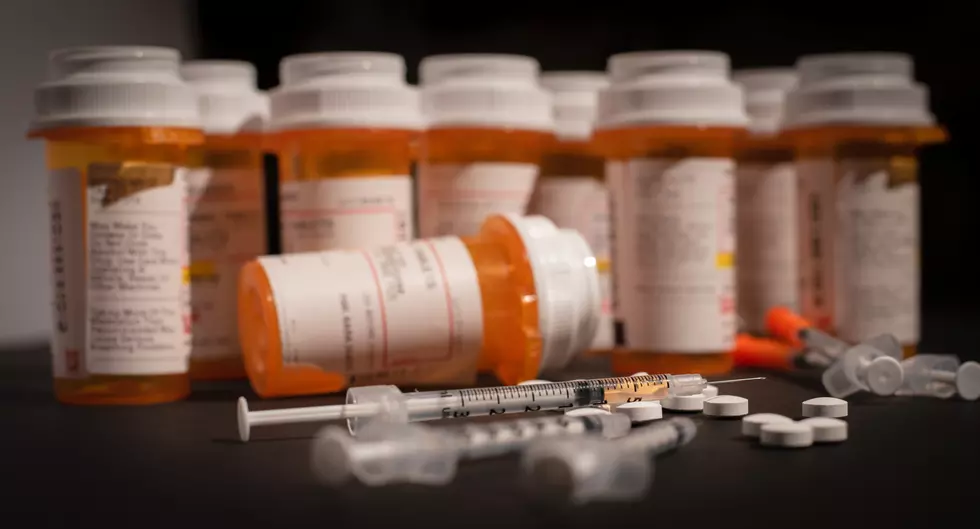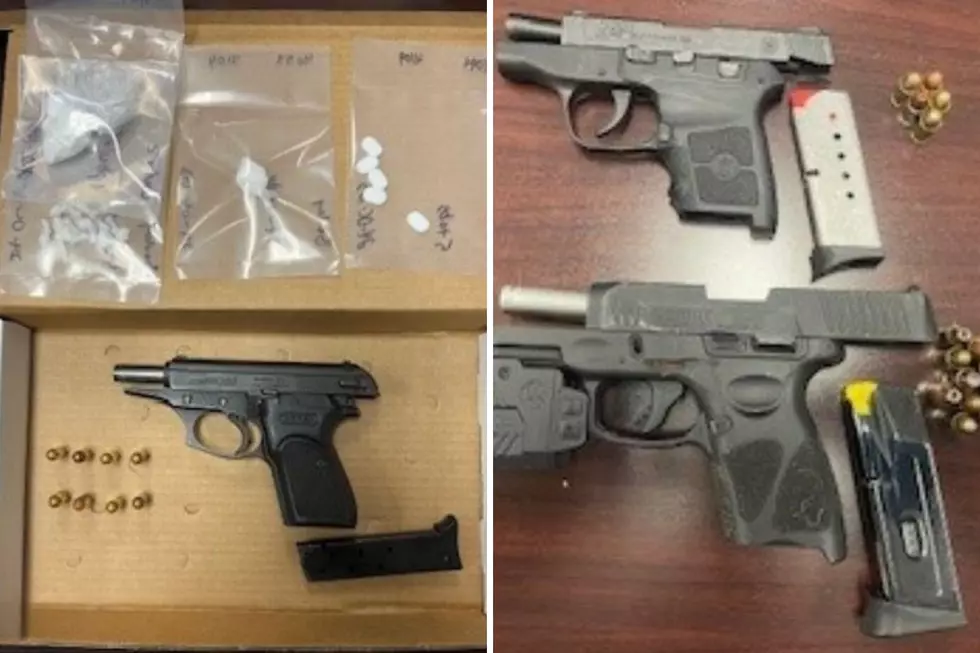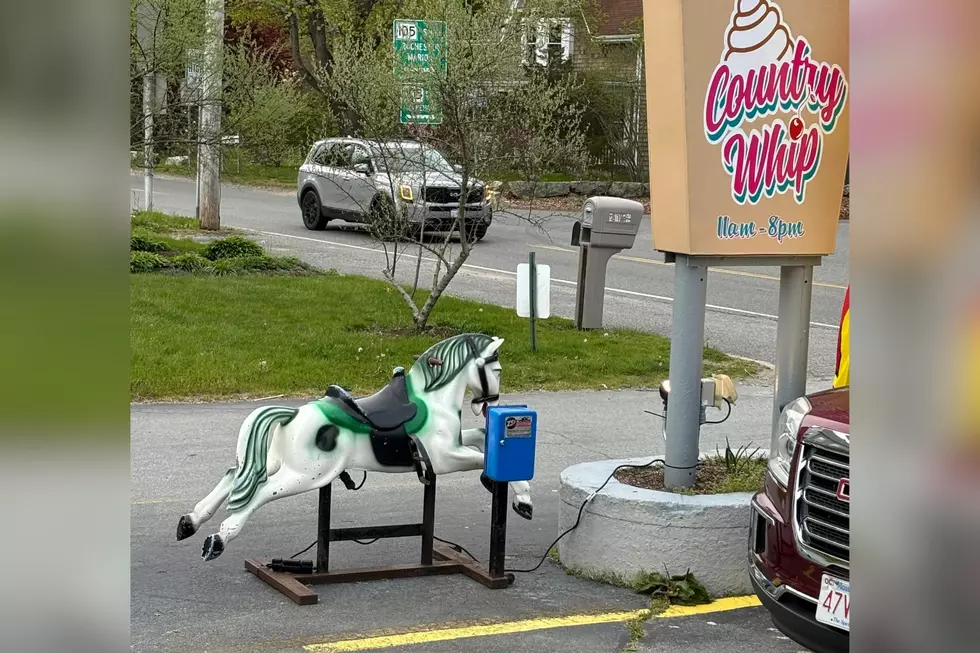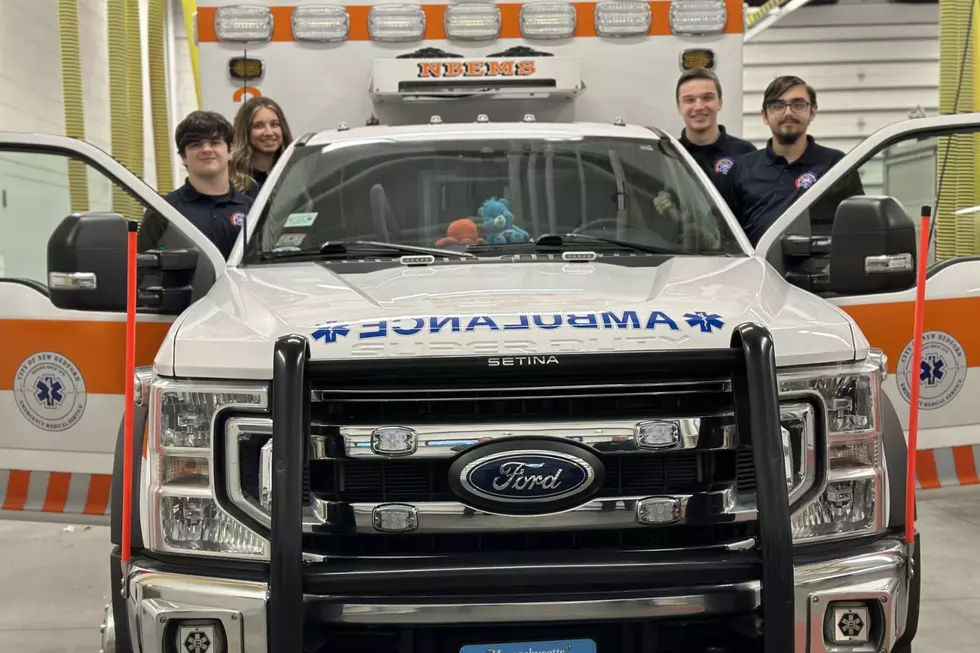
New Bedford Opioid Task Force Awarded Federal Grant
NEW BEDFORD — The Greater New Bedford Opioid Task Force has received a federal grant of more than 1.8 million to continue its work to fight opioids in New Bedford, Dartmouth, and Fairhaven.
The task force, co-chaired by Damon Chaplin, the City's Director of Public Health, and New Bedford Police Cheif Joseph Cordeiro, has been recognized in the past for innovative and successful measures to reach those affected by opioid addiction in Greater New Bedford.
Last year, the New Bedford Police Department, with the support of the Task Force, became one of the first cities in Massachusetts to pioneer Law Enforcement Assisted Diversion (LEAD), a pre-booking diversion program aimed at redirecting those arrested for a low-level drug crime.
In 2018, New Bedford was one of six cities nationwide invited to present at the National
League of Cities Mayors’ Institute on Opioids to share best practices in combating the opioid epidemic due to the Task Force’s successful education, outreach, and prevention initiatives.
In the city, the total number of opioid overdoses (685) peaked in 2016, and while the number has declined modestly since, the problem continues to present a very serious public health challenge.
As of September 2019, there has been a total of 457 overdoses in the city.
The $1,848,771 grant from the Department of Health and Human Services' Substance Abuse and Health Services Administration will help support the Geater New Bedford TRAIN project, which will focus on residents in a 96-square-mile area of Dartmouth, New Bedford, and Fairhaven. The New Bedford Health and Police Departments will also partner with Fishing Partnership Services for the program.
TRAIN will seek top reach over 70,000 individuals through education and navigation to treatment and recovery services. The TRAIN Project will train first responders and key community personnel in naloxone administration, as well as drug safety (including prescription drugs) and cultural competency. It will add recovery coach staff to the Greater New Bedford Opioid Task Force’s post-overdose follow-up program to provide individuals and families with resources and to help facilitate pathways to treatment and recovery services.
The battle against the opioid epidemic requires an all-out community-based effort, with the support of government resources at every level. With the emergence of fentanyl as a contributing factor in overdoses in our region, the more Naloxone that is available to our first responders and community stakeholders, the more lives will be saved,” said U.S. Rep. William Keating.
New Bedford Mayor Jon Mitchell added, "The Greater New Bedford Opioid Task Force has successfully worked to combat the opioid epidemic that has touched far too many families in our area, as it has across the country. I commend the Task Force for its successful application for this important funding, and I’m grateful to Congressman Keating for his support along the way."
More From WBSM-AM/AM 1420









